
On Seeing The Daibutsu - At Kamakura, Japan
'On Seeing The Daibutsu - At Kamakura, Japan' Summary
"On Seeing The Daibutsu - At Kamakura, Japan" is a magnificent poem by Ella Wheeler Wilcox that captures the beauty and awe of the Kamakura Buddha statue in Japan. The poem, first published in 1914, is a testament to the power of art and the profound impact it can have on individuals.
In the poem, Wilcox describes her visit to the Kamakura Buddha statue, a bronze statue of the Buddha Amida that stands over 43 feet tall. Wilcox's use of vivid imagery and evocative language paints a stunning picture of the statue and its surroundings. She describes the statue's "serene, majestic face," its "gilded canopy," and the "tinted sky above" it.
The poem also explores the universal significance of art and culture. Wilcox reflects on the way that art can connect people across cultures and time, noting that "All races understand / The message wrought by those who love the best / And teach the highest."
The enduring relevance of the poem is due in part to the continuing popularity of the Kamakura Buddha statue. The statue is a popular tourist attraction in Japan and continues to inspire visitors from around the world. Wilcox's poem is a beautiful tribute to the statue and to the way that art can inspire and move us.
Overall, "On Seeing The Daibutsu - At Kamakura, Japan" is a stunning poem that showcases Ella Wheeler Wilcox's poetic talent. It is a must-read for anyone who appreciates the beauty and significance of art and culture, and for anyone who has been moved by the power of a great work of art.
Book Details
Authors
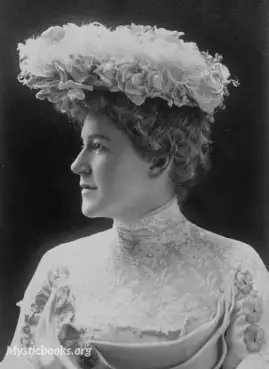
Ella Wheeler Wilcox
United States
Ella Wheeler Wilcox was an American author and poet. Her works include Poems of Passion and Solitude, which contains the lines "Laugh, and the world laughs with you; weep, and you weep alone." Her aut...
Books by Ella Wheeler WilcoxDownload eBooks
Unfortunately, no ebooks exist for this book, yet...
Listen/Download Audiobook
- Select Speed
Related books
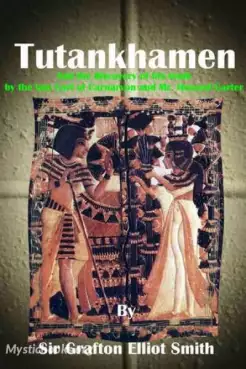
Tutankhamen and the Discovery of His Tomb by Grafton Elliot Smith
(From the Introduction) “Never before in the history of archaeological inquiry has any event excited such immediate and world-wide interest as Mr. How...
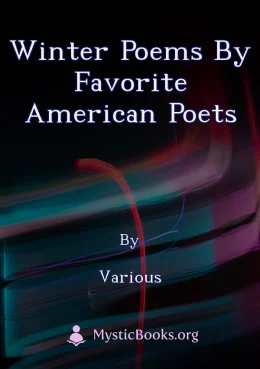
Winter Poems by Favorite American Poets by Various
This collection of nine poems by renowned American poets captures the beauty, tranquility, and emotions associated with the winter season. Through viv...

Tender Buttons by Gertrude Stein
Tender Buttons is a 1914 book by American writer Gertrude Stein consisting of three sections titled "Objects", "Food", and "Rooms". While the short bo...
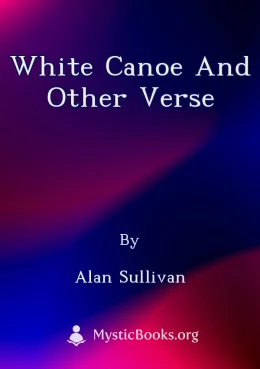
White Canoe and Other Verse by Alan Sullivan
White Canoe and Other Verse is an early collection of poems by Canadian author Alan Sullivan. The poems portray Canada's short summer season as a voya...
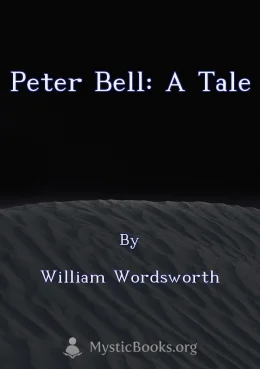
Peter Bell: A Tale by William Wordsworth
Peter Bell, a tale by William Wordsworth, presents a complex and morally ambiguous protagonist. Peter, initially depicted as a self-centered and mater...
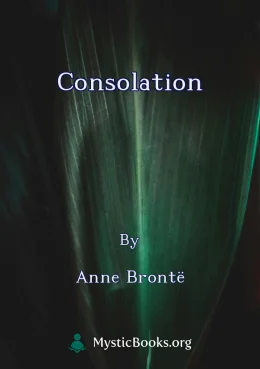
Consolation by Anne Brontë
'Consolation' by Anne Brontë is a moving and introspective collection of poems that explores themes of grief, loss, and the search for solace. Through...
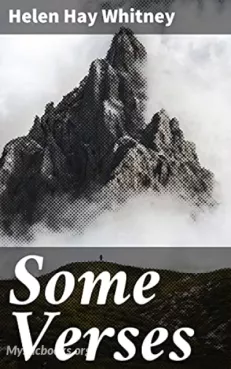
Some Verses by Helen Hay Whitney
Helen Hay Whitney's "Some Verses" is a collection of poems that captures the beauty and wonder of the natural world, the joys and sorrows of love, and...
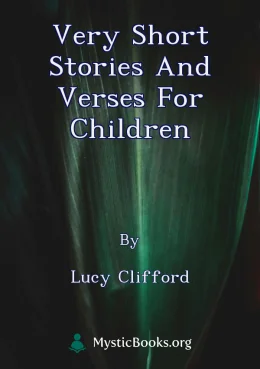
Very Short Stories And Verses For Children by Lucy Clifford
This book is a collection of short stories and poems intended for children, aiming to teach valuable life lessons through engaging narratives and vers...
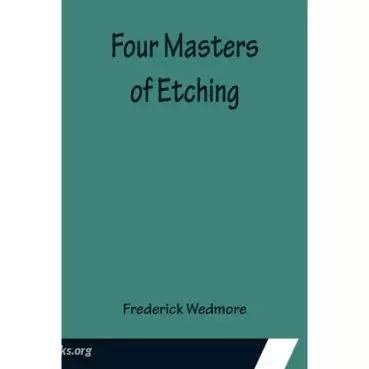
Four Masters of Etching by Frederick Wedmore
Frederick Wedmore presents short vignettes of influential artists of the 19th century who were noted for their mastery of etching: Seymour Haden, Jule...

Binsey Poplars by Gerard Manley Hopkins
Binsey Poplars is a poem by Gerard Manley Hopkins, an English poet and Jesuit priest. The poem is a meditation on the beauty of nature, and on the rel...
Reviews for On Seeing The Daibutsu - At Kamakura, Japan
No reviews posted or approved, yet...